Age friendly city
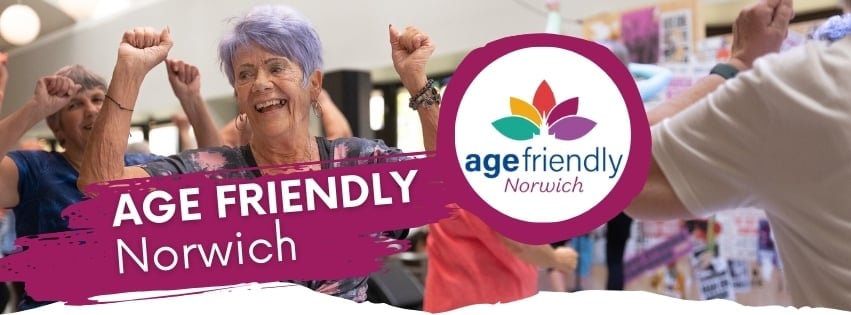
State of Ageing in Norwich 2024 Report
Read our newly released, State of Ageing in Norwich 2024 report. This report will be periodically updated as more information and data becomes available. The report was published in September and debuted on 3 October 2024.
Age Friendly Norwich News
Click here for the latest news from the network, newsletter publications and more!

You might already be an Age friendly Employer?
Read our guide and sign the pledge today: Do you or the business you work in:
- recognise the importance and value of older workers
- are committed to improving work for people in their 50s and 60s (and beyond)
- are prepared to take action to help people over 50 flourish in a multigenerational workforce
The four steps of becoming age-friendly
-
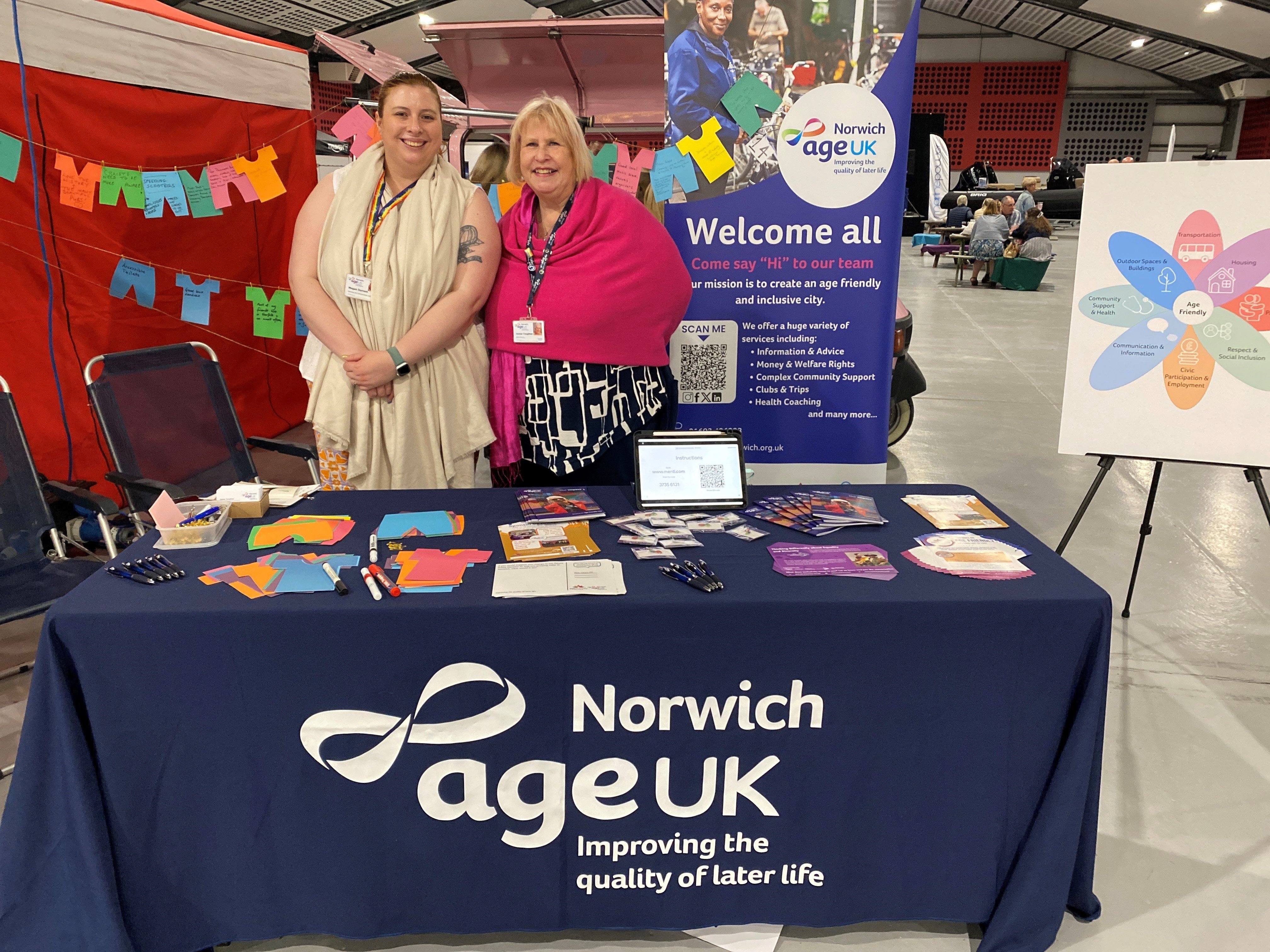
Step 1: Engage and Understand
The first step on the journey to becoming an Age-friendly Community is to engage local leaders, stakeholders and older people and work to understand how ‘age-friendly’ your community currently is, so your activity can respond to current needs and opportunities.
-

Step 2: Plan strategically
Next, communities will use all of the information gathered in Step One to determine their local priorities for action.
-
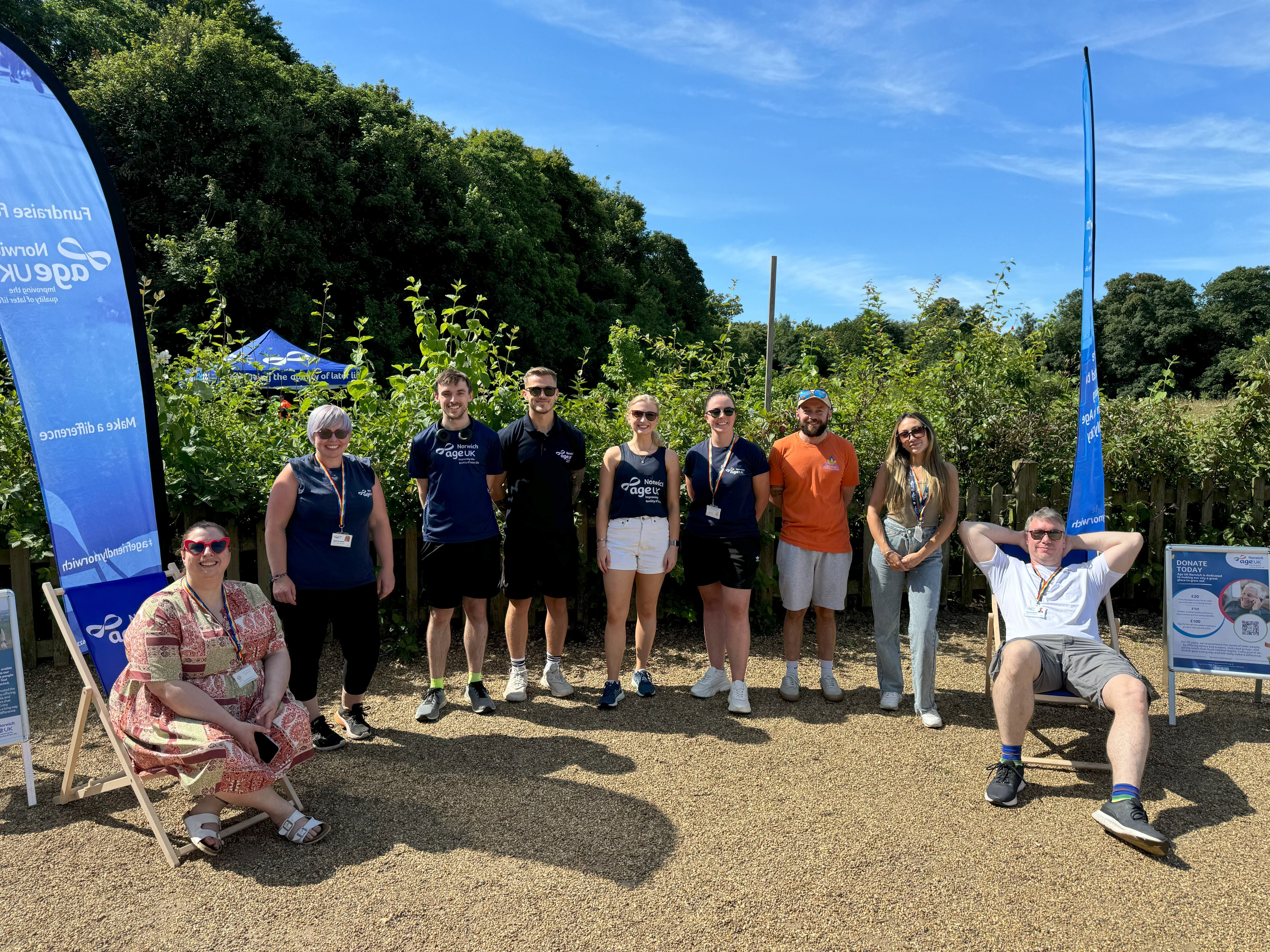
Step 3: Act and implement
In Step 3, Age-friendly Communities will create and deliver on an action plan that achieves their strategic priorities, with whatever resource they have. Some communities will combine their strategy and action plan.
-
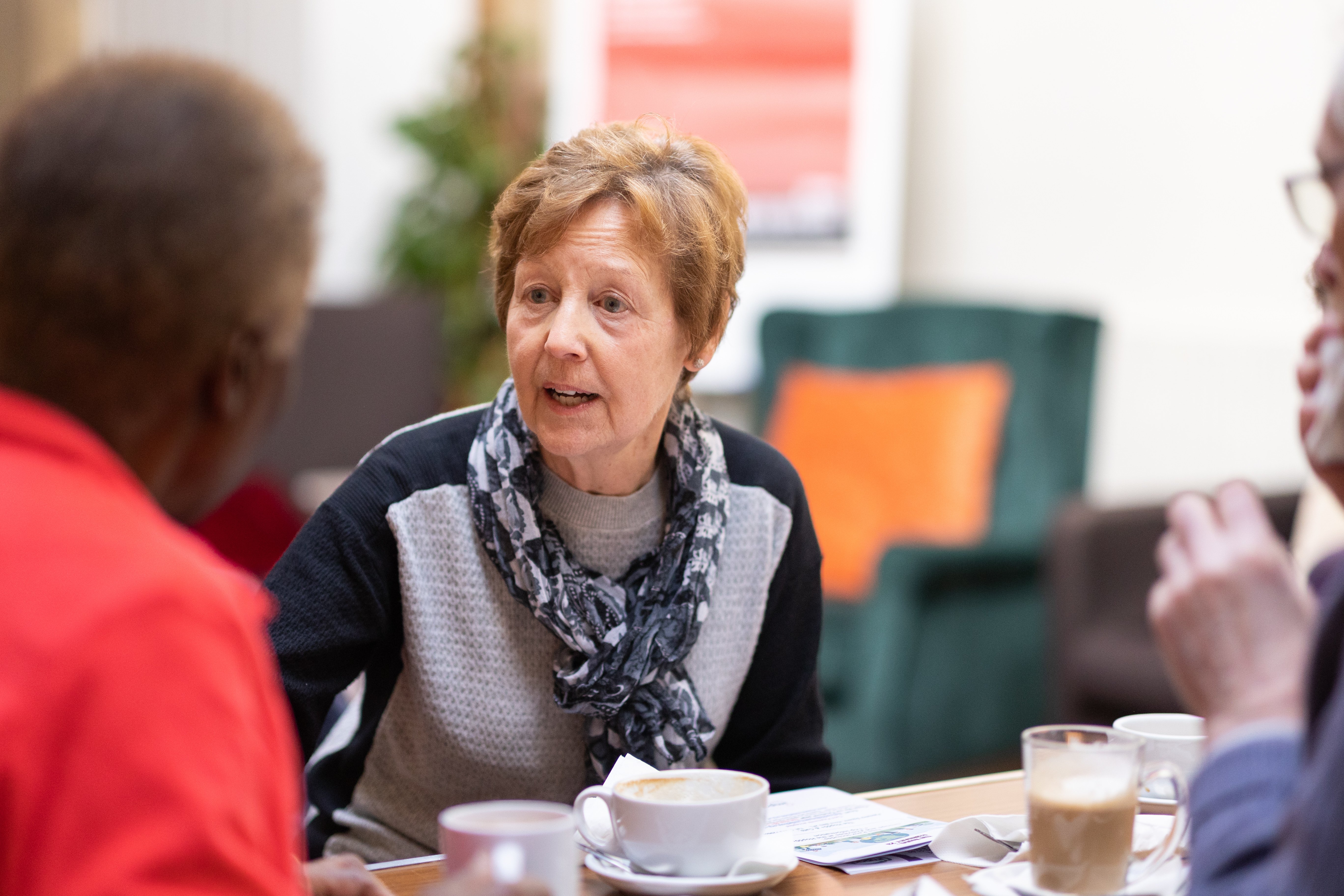
Step 4: Monitor and evaluate
Finally, Age-friendly Communities will assess their progress in implementing the Age-friendly approach as well as the impact of the work on local people’s lives.
Based on the holistic nature of the 8 domain’s...
the WHO Framework this is built on the evidence on what supports healthy and active ageing in a place.
- Outdoor Spaces and Buildings
- Transportation
- Housing
- Respect and Social Inclusion
- Social Participation
- Civic Participation & Employment
- Information and Communication
- Community & Health Services
Why do we need to do this?
We want Norwich to become an age friendly city. We see this as an essential strategy to ensure we’re an inclusive city where residents can thrive, supported by opportunities and services that enhance and protect their health and wellbeing.
As a society, we have invested substantial resources in helping people to live longer. We now need to make sure those years uphold a quality of life we can be proud of.
Get involved
-
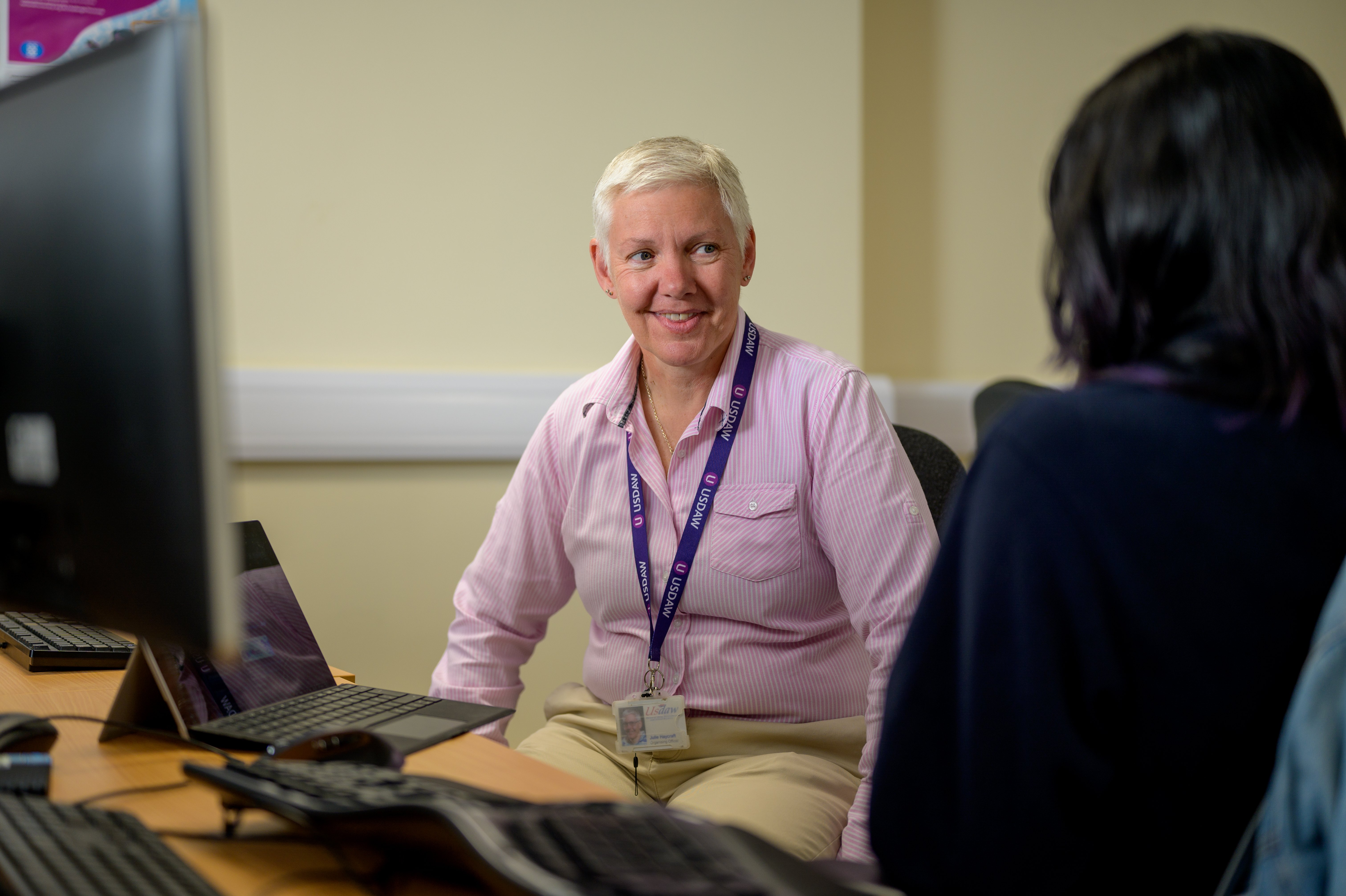
Click here to Become an Age Friendly Employer
Get involved, become an Age Friendly Employer today
-
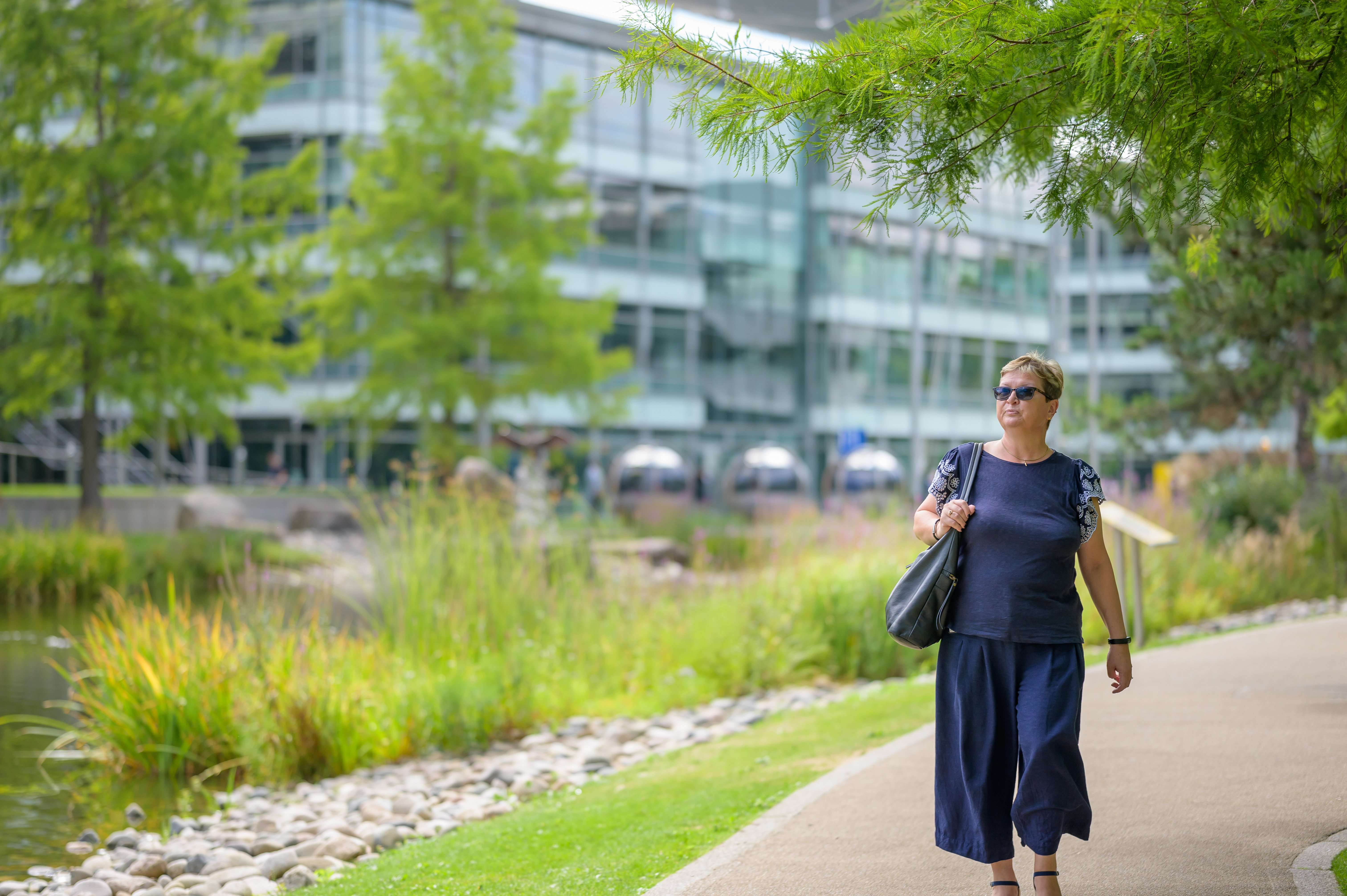
Click here to find out about Age Friendly Champions
Champion age friendly practice in your community and/or workplace
-

Sign the Age Friendly Register
Sign the pledge and join our mailing list
To read the story so far
Helpful resources
Find helpful resources and an index of age friendly information
Read the FAQs
Got a question? Check our FAQs for more info
